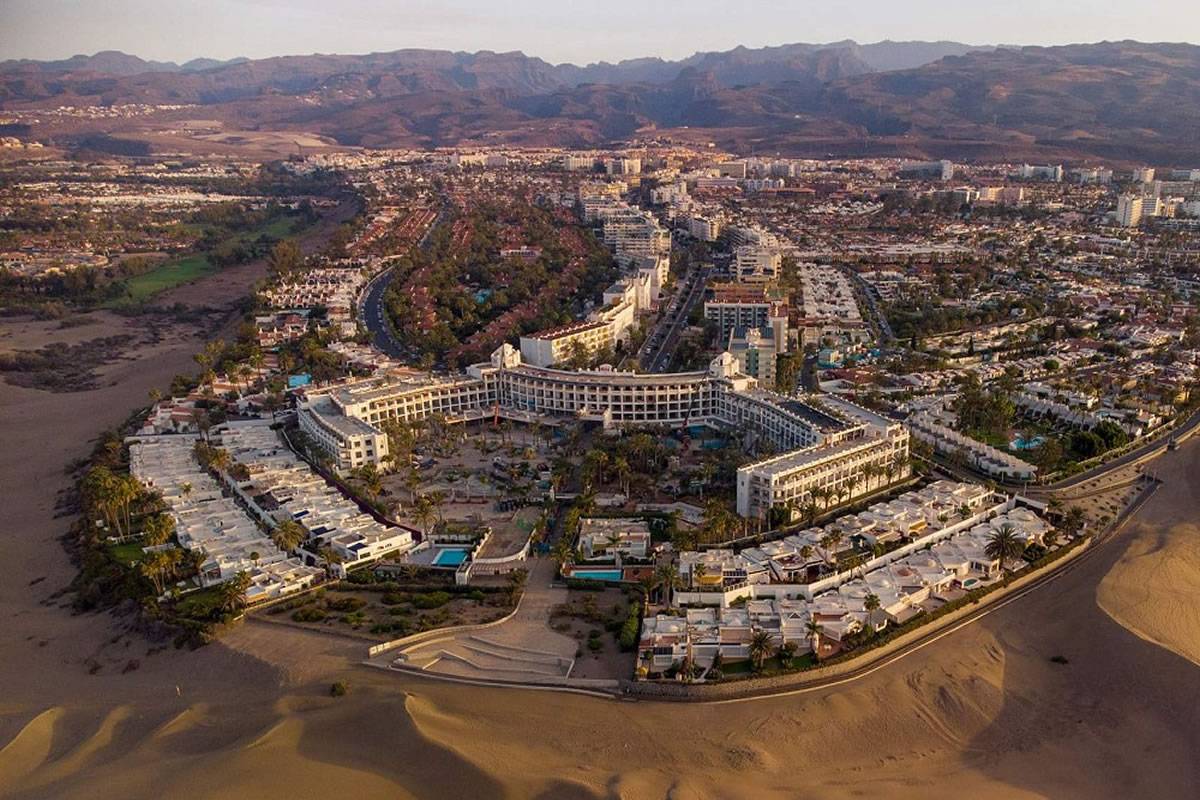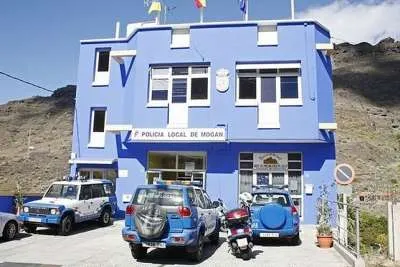More fines being issued to owners of apartments on holiday complexes
- 15-01-2024
- Business
- Canarian Weekly
- Photo Credit: Wikimedia Commons
Fines exceeding 2,000 euros are continuing to be issued to owners of apartments who have refused to give them to ‘exploitation’ or management companies at complexes to rent them out, with more than 40,000 property owners in the Canary Islands potentially affected.
These fines are being imposed by the Government of the Canary Islands, a decade after a law aimed at controlling the use of properties on holiday complexes that people aren’t allowed to live in long term.
"The problem is that they are applying a recent and modern law to properties, in some cases, that have been used in a certain way for more than 50 years that have never been used for tourist exploitation," explains Maribe Doreste, president of the association against these laws.
How did the conflict originate?
For decades, before the tourist boom in the Canary Islands, locals purchased properties in the southern regions, sometimes as workers in the area, and there was a time when residents were encouraged to acquire them as second homes.
In 1995, the Tourism Planning Law in the islands mentioned the principle of exploitation unity for the first time, stating that the apartments in holiday complexes should be managed as a single unit. In 2003, a new law spoke of "space specialisation," but it was in 2013 that the Tourism Renewal and Modernisation Law of the Canary Islands incorporated the provision that "residential use shall not be given to accommodation units, with their commercial and tourist nature prevailing over any other purpose."
The law emphasizes the "principle of exploitation unity," meaning owners cannot rent their apartments independently; instead, a single exploitation (management) company would take charge. It also states that they must adhere to the use established in the municipal planning plan, ie tourism or residential.
Later, the 2017 Land Law of the Canary Islands (now under consideration for modification due to unmet objectives) included that people residing in these complexes before that year, and proving it as a "consolidated right", could continue using these apartments as a residence. However, this would not be possible if there was a change of ownership, even by inheritance or heirs, who would, according to the law, have to give it to an exploitation company in the future.
What did the Ombudsman recommend?
Members of the association approached the Ombudsman, who, in 2019, recommended to the Government of the Canary Islands that they respect the residential use of the affected individuals or compensate them. The resolution stated that a specialised tourist zone where residential use is not allowed is legally acceptable, but such a zone "does not exist in the Canary Islands."
It added that the separation between tourist and residential use for such establishments is a recent legal creation, and existing buildings have been used for residence, temporary or permanent, for a long time.
The Ombudsman argued that there is not enough legal basis to support the claim that residential use is prohibited, emphasising that the right to private property is not restricted. Property owners are asserting, in response to the fines, that a citizen exercising a constitutionally and legally recognised freedom cannot be penalised. They argue that their property rights are being violated by the Tourism Department's resolution, which fails to cite any rules with "prohibited or incompatible uses."
What is the status of the right to private property?
Apartment owners are arguing that they cannot be penalised for exercising a constitutionally and legally recognized freedom. They emphasise that before 2017, there was no tourist exploiter in the complex. A professor of Constitutional Law, Gerardo Pérez, highlights that while the law can establish the use of property, the conflict arises from potential changes to the classification after acquiring a property. Experts suggest that each case should be studied individually, and affected parties may have recourse to the courts, which are protectors of rights.
Maribe Doreste points out that the resolutions arriving at property owners refer to a 2013 law, even though these people have been there for more than 50 years. Therefore, she argues that a rule cannot be applied retroactively. She stresses that the rules of the game have been changed midway, and if these rules change, the government should apply "forced expropriation" and compensate owners, justifying that the properties will be used for "a general good." However, they question whether there is a general good above the right to decent housing and whether the general interest is purely economic.
Is long-stay tourism not equivalent to residing?
The Ombudsman, in its resolution, acknowledges the need for specialised use but argues that the incompatibility between residential and tourist use is not intense or may not exist at all in cases where there are frequent long-duration stays.
Maribe Doreste, residing in a complex with various modalities (tourist exploitation, residents, and second-home users), states that there are no problems. It's worth noting that the Tourism Department actively promotes campaigns to attract long-stay tourists and digital nomads to the islands.
Why are the fines being issued now?
Fines began to be issued in April of last year. The association initiated a Popular Legislative Initiative in the Canary Islands Parliament to change the law and achieve "social peace" between tourist activity and apartment owners. However, this initiative was not processed in the previous legislature, and the new CC-PP government has not commented on the issue.
What can property owners do against the fines?
Maribe Doreste advises affected people not to act hastily due to fear and to contact her association which provides information and assistance. She emphasises that this collective has no political agenda and helps anyone facing this unjust situation.
Other articles that may interest you...
Trending
Most Read Articles
Featured Videos
TributoFest: Michael Buble promo 14.02.2026
- 30-01-2026
TEAs 2025 Highlights
- 17-11-2025




























































